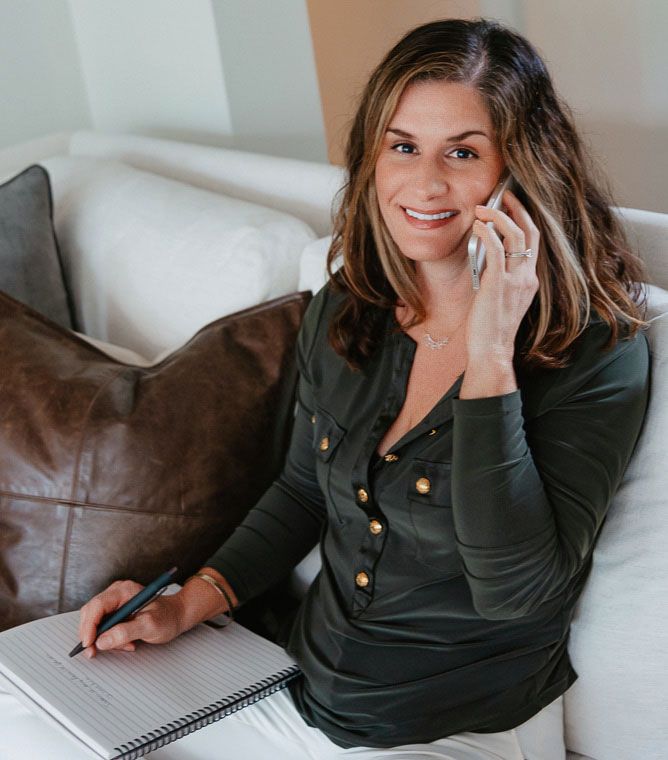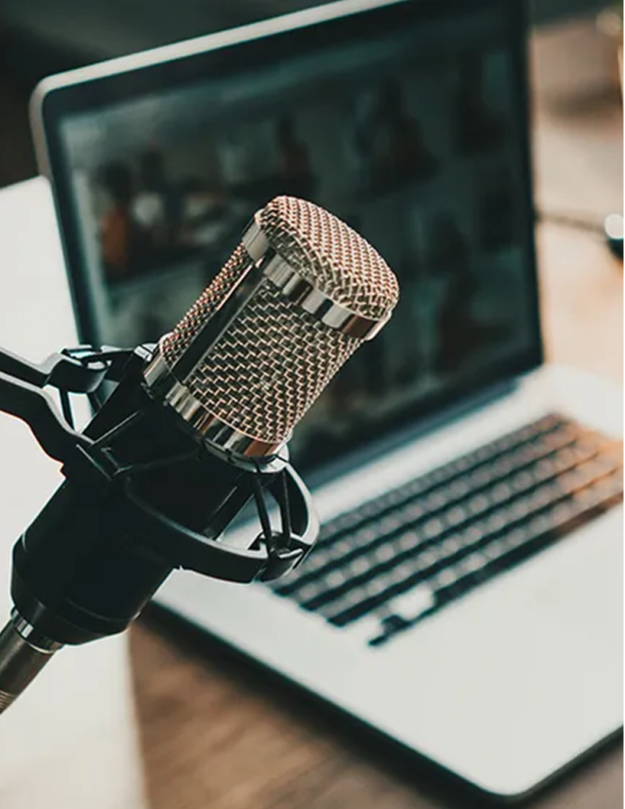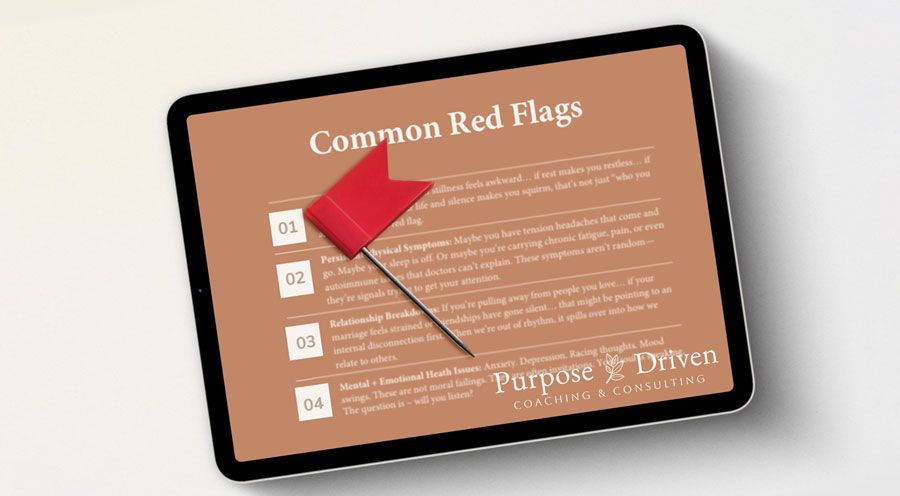Highly Sensitive & Spiritually Wired: What God Taught Me About Discernment and Calling
Jul 14, 2025
A Quiet Stirring
This post is a reflection—an attempt to capture a thread I believe God has been gently weaving into my heart. It began during a trip to Huntsville with my friend Beth, but it’s only recently started coming into focus.
As we were driving home, I listened to more of Beth’s story—especially her experiences with spiritual gifts. That’s when a quiet theory began to stir in me. I wondered:
Could those of us who are hypersensitive—especially to physical or emotional shifts—also be more finely attuned to the movement of God?
It felt like an odd idea to say aloud, so I only mentioned it briefly. I half-apologized, unsure if it sounded too “out there.” But I couldn’t shake it.
A Pattern Emerges
A few days later, in conversation with my husband, the idea surfaced again. “You might think I’m crazy,” I told him, “but I can’t help wondering if hypersensitivity is somehow connected to how we experience God.”
Not long after, Beth recommended a book: The Discerner by James Goll. I now believe it was God’s perfect timing.
From the very first pages, I felt like the author was describing me—things I had always felt deeply but had never been able to articulate. Traits I thought were personal quirks or even weaknesses suddenly had meaning. I felt seen. Validated. Relieved.
When Sensitivity is Spiritual
In the chapter titled “Feeling,” Goll shares something that stopped me in my tracks:
“Many of the men and women whom God has summoned to be prophets or intercessors are people whose hearts are more sensitive than others. Sometimes they can tell what the Spirit is doing, not only because they can detect subtle shifts in the spiritual atmosphere, but also because they can feel actual physical pain or other sensations.”
He even describes people with healing gifts who feel tingling, numbness, or pain in parts of their own body—physical signs that someone nearby may need prayer or healing in that exact area.
Reading that didn’t shock me because it was new—it felt like something my spirit already knew. I just hadn’t found words for it yet.
A Sacred Reframe
That night, I went to bed with it all swirling in my heart. And in the stillness of the next morning, before I even left bed, I sensed the Holy Spirit whisper—not in words, but in understanding.
It felt like a veil lifted.
I’ve spent much of my life seeing my hypersensitivity as something burdensome. Maybe not entirely bad—but definitely inconvenient. I often wished I could just turn it down a notch, to not feel every shift in my body so intensely, to not carry the emotional weight that seems to settle in my physical self.
But in that moment, the shift happened: What if this isn’t a burden? What if it’s a gift?
What if God gave me this sensitivity not as something to overcome, but as something to steward?
From Burden to Calling
That question changed everything. It reframed what I had long seen as a weakness into a potential calling. It opened the door to a new way of living—one that embraces heightened awareness not as a flaw, but as a divine tool. An antenna. A gift.
And maybe you relate to this. Maybe you’ve carried your sensitivity like a quiet shame, or tried to explain it away. Maybe you’ve felt like you’re “too much” or “too aware.” But what if you’re not too much? What if you’re tuned in?
This isn’t to romanticize suffering or ignore the challenges that come with this kind of wiring. But it is to say—maybe, just maybe—what we’ve viewed as a problem is actually an invitation.
An invitation to feel, to discern, to intercede.
To notice what others don’t.
To partner with God in deeper, quieter ways.
What if your sensitivity isn’t something to silence?
What if it’s the very thing God wants to use?
Maybe your sensitivity is a call—to feel more deeply, to discern more clearly, to intercede more boldly. Maybe you were made to notice what others miss. To partner with God in quieter, deeper ways.
This perspective shift is still unfolding for me. So I’m holding onto it.
And if it resonates with you, I hope you will too.







